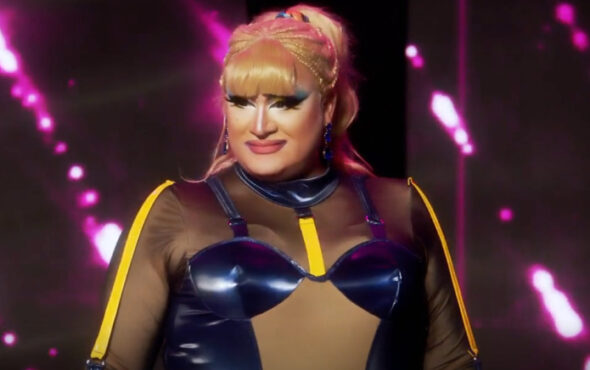
American filmmaker John Waters is well known for pushing boundaries with exuberantly provocative works exploring taboos around themes such as pornography and LGBTQ+ relationships.
But now the cult director, known as the “Pope of Trash”, says he is happy to come in from the cold, as his storytelling finds new audiences.
“Everybody now wants to be an outsider,” Waters, 76, told the Thomson Reuters Foundation by phone from his office in the northeastern US city of Baltimore.
“Both (former U.S. presidents Barack) Obama and (Donald) Trump would call themselves outsiders, I believe. That’s why I now (want) to be an insider – because nobody else wants to.”
Waters is perhaps best known for the 1972 cult classic Pink Flamingos, which follows two groups competing to be the “filthiest people alive”, and his 1988 hit Hairspray, featuring singer Debbie Harry and actor Ricki Lake.
The gay filmmaker has always featured marginalised groups, such as the late drag queen Divine who starred in many of his films, as well as transgender actors and characters.
Waters has gradually attained more mainstream success and respectability – a change partly explained by his shift to more commercial projects, but which also reflects growing acceptance of LGBTQ+ groups and culture.
Gay men, in particular, have gone from social pariahs in the mid-1960s in the United States, to largely mainstream acceptance today.
Other parts of the wider LGBTQ+ community are currently under the spotlight, however, with lawmakers in at least a dozen US states recently passing legislation restricting trans rights.
Waters said he was bemused by the furore.
“To me, I’m just happy everybody’s getting to do what they want to do and be themselves,” he said, speaking on the eve of two one-man shows at London’s Barbican arts centre on Friday.
“I don’t care what they want to be.”
SOCIAL CHANGE
Waters’ work reflects decades of social change in the United States, with his often LGBTQ-themed movies provoking shock in the 1960s and ’70s, but garlanded with praise in 1980s and ’90s.
His films, including a notorious scene of someone being sexually assaulted by a giant lobster in 1970’s Multiple Maniacs, have been underpinned by a camp humour in which the director obviously revels.
“My job is to think of weird things,” Waters said.
“I’m always watching people. I’m always fantasising about things,” he added. “Then when I sit down, I let my mind go and try to make myself laugh.”
This year also saw the release of his first novel Liarmouth, billed as “a feel-bad romance”, that follows con artist Marsha Sprinkle as she scams her way through life.
Waters says it is just as well attitudes have liberalised over his lifetime – not least as it now gives him even more licence to shock.
“If (Liarmouth) had come out in 1954, then I’d have been in prison,” he said with a laugh.
And amid growing polarisation and debates over so-called cancel culture, Waters said it was always important to listen to both sides – and then crack a joke to win over opponents.
“If you ever can make the other side laugh, then that’s the first step to ever changing someone,” he said.
Reporting by Hugo Greenhalgh; Editing by Sonia Elks.
GAY TIMES and Openly/Thomson Reuters Foundation are working together to deliver leading LGBTQ+ news to a global audience.



